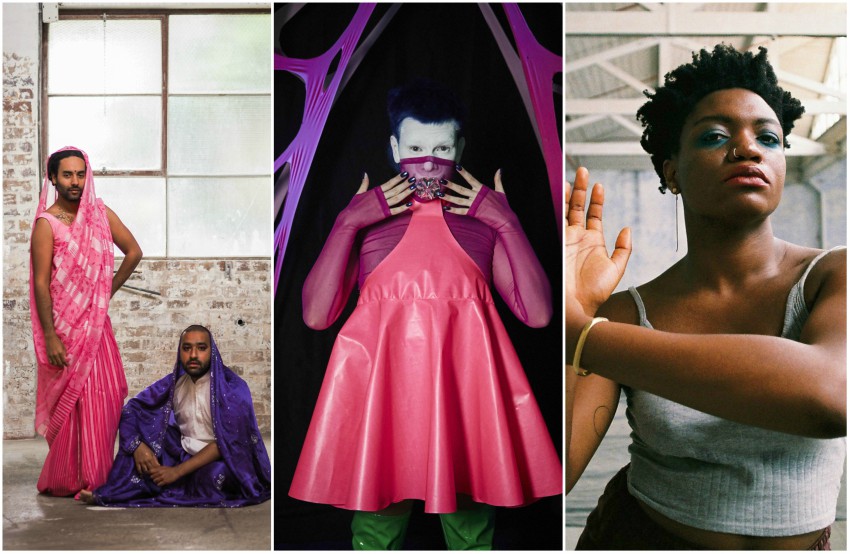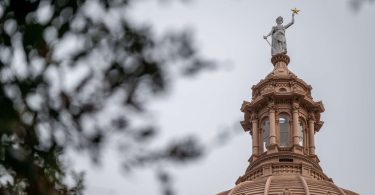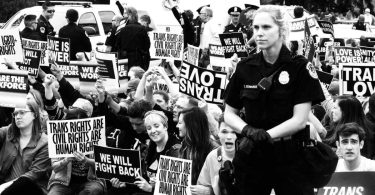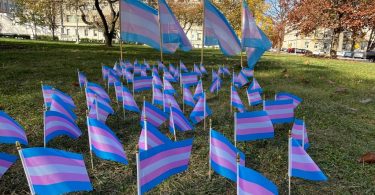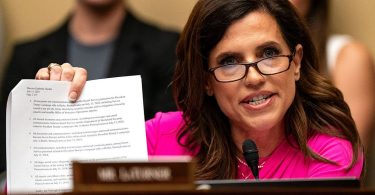Love Bites showcases some of the most interesting stories of LGBTI Australia. | Photo: Supplied
Last year, Screen Australia funded ten filmmakers to tell the stories of LGBTI Australians and the results are gobsmacking.
Love Bites is a package of ten mini documentaries. The films’ themes range from a lesbian magazine in the 80s, to a Samoan-Australian man growing up in regional Australia.
The mini-documentary series was released to celebrate the 40th anniversary of the Sydney Gay and Lesbian Mardi Gras this year.
Mardi Gras is the Southern Hemisphere’s and one of the world’s biggest LGBTI festivals.
Love Bites will air on national broadcaster ABC’s online streaming service, iView.
‘Love Bites present this incredible tapestry of LGBQTI life in Australia, covering topics that have not been discussed on screen before,’ Jo Chichester, ABC TV’s executive producer told Gay Star News.
‘I think they will surprise people – both LGBQTI and straight alike. It’s amazing what people can pack into seven minutes.’
Rather than film a retrospective on Australia’s LGBTI history, many of the final mini documentaries feature contemporary themes.
[embedded content]
Chichester said that was likely because many of the creative teams were young, but it also showed ;how much has changed for LGBQTI people in Australia since the first Mardi Gras’.
‘But we also found some great stories emerging from an older demographic – Beyond the Mirror Ball and Wicked Women come to mind – telling stories about our history but also “where to now” for the 50+ demographic,’ Chichester said.
‘You get the sense watching the documentaries that yes there are bruises of the past, but there is still tremendous energy and love in the community to push through the last remaining barriers that exist in Australia.’
Screen Australia was also the team behind the documentary about the first Indigenous drag pageant, Black Divaz and the historical drama, The Riot, about the first Mardi Gras in 1978.
Love is in the air
This year’s Mardi Gras is the first since Australia fully legalized marriage equality.
Chichester said this year’s festival carries a great significance.
‘I think with same sex marriage finally becoming legal in Australia, the significance of the 40th anniversary of Mardi Gras feels particularly powerful and indeed emotional,’ Chichester said.
‘I’m in Sydney and you can feel it in the air the whole city is genuinely excited and wants to celebrate.’
Here are the ten Love Bites short films
- Wicked Women
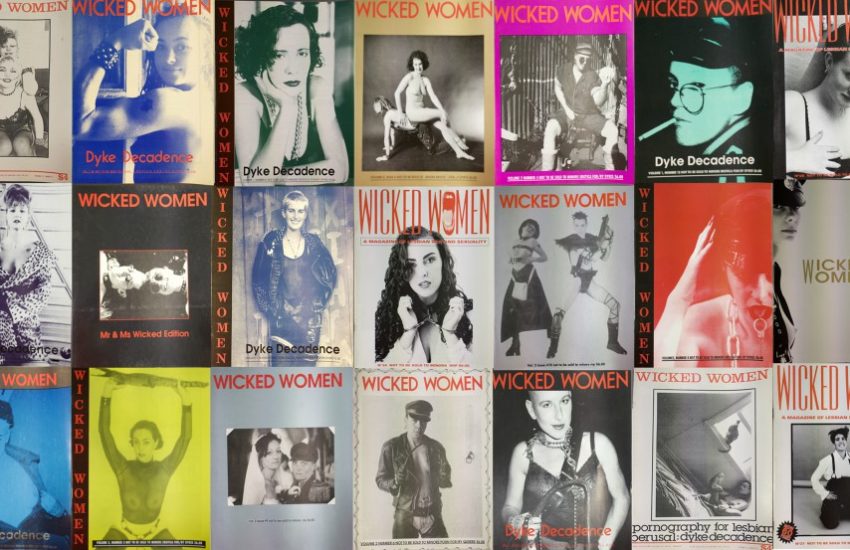
Some of the Wicked Women covers. | Photo: Supplied
The Sydney lesbian scene in the 80s, focused on a street publication called ‘Wicked Women’ (and the notorious parties that funded it) as told by the co-founder. The magazine continued until 1996. Also explores the idea of ‘coalition’ which saw queer people join together for the first time in the 80s, and the founder’s own FtM transition.
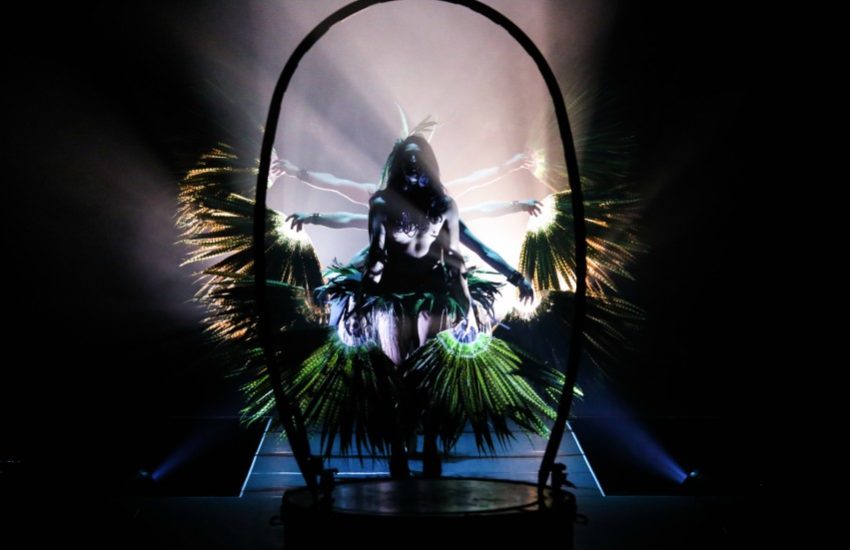
Fez. | Photo: Carnival Cinema
From the creator of the international hit stage show, Briefs*. Explains his life growing up in Queensland (Ipswich) as a Samoan/NZ (football playing) immigrant and the community’s methods of battling cultural profiling. Discusses creating Briefs in 2009 as a response to people wanting to ‘get their eyes dirty’ and his personal intersection with his ‘two spirit’ within the show.
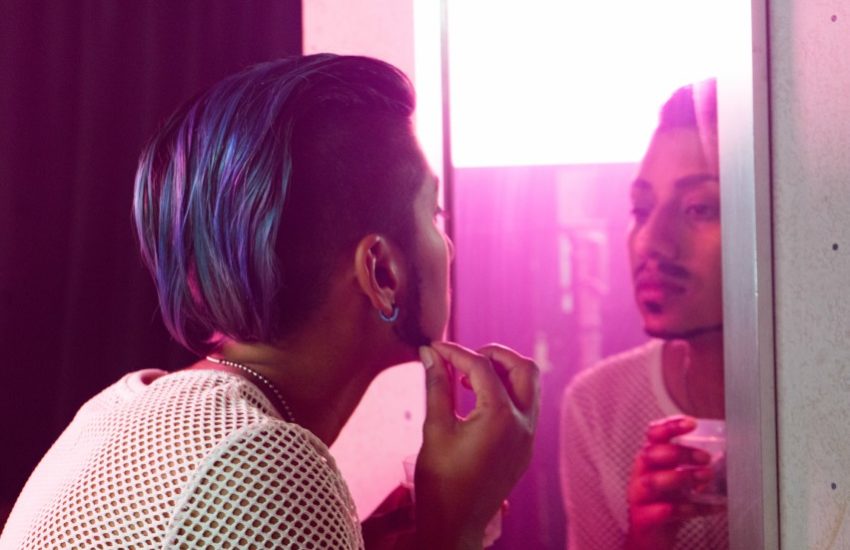
Drag King Dani Boi. | Photo: Gunay Demirci
Explores the lesser known form of drag – drag kings. Discusses non binary gender and how drag is a vehicle for mocking gender expectations (a ‘dragtivist’). The creator discusses their experience of cultural clash (in this case Sri Lankan Australian) both in their native Victoria and in San Francisco.
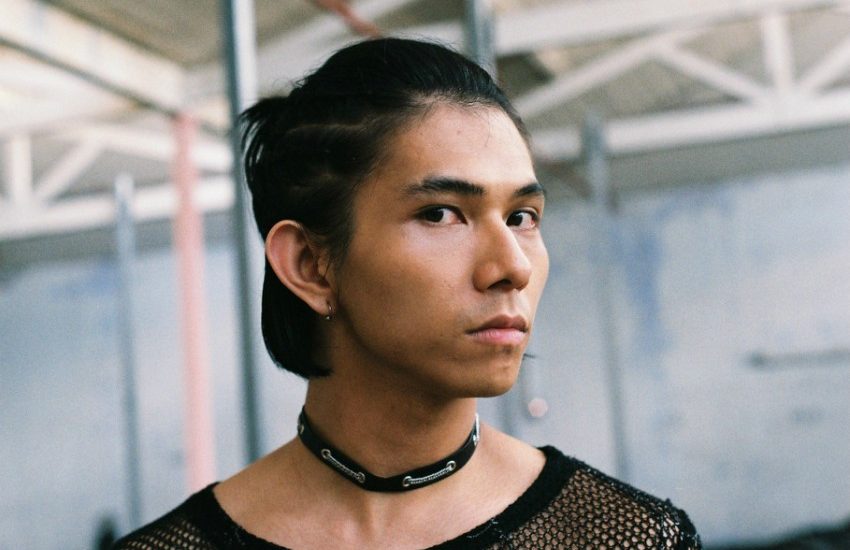
Adolfo Aranjuez stars in Dances. | Photo: Rebecca-Marian Irene
Dancers perform real life dating app conversations, including the sometime harsh realities of racism, body shamming and dating whilst closeted, plus more light hearted experiences like the ‘hey’ loop
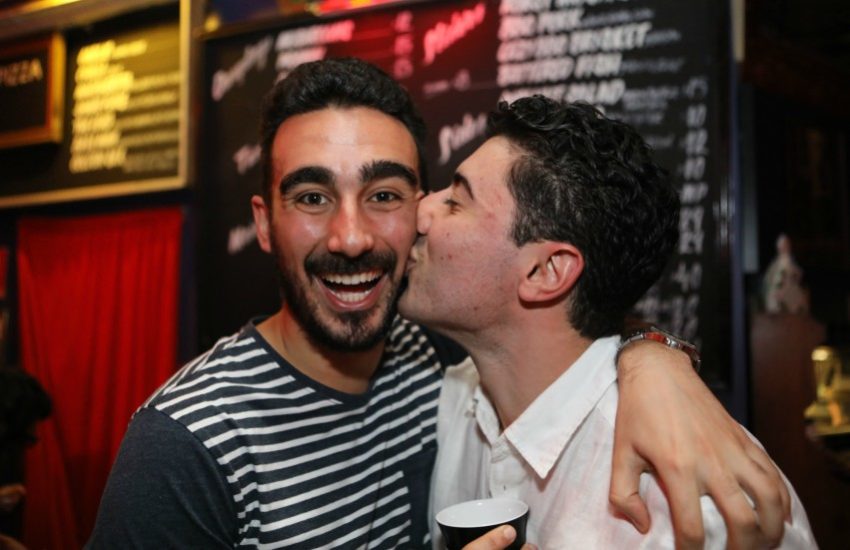
Club Arak. | Photo: Supplied
The Arab gay community created their own dance party (Marrickville, Sydney) in 2002 to connect with their sexuality and their culture at once, including elaborate stage shows. The love of culture is juxtaposed against incidents of community rejection, yet the historically welcoming nature of Arabs (with Club Arak now including Indigenous performance). ‘Arak’ means sweat.
- Queen Biryani
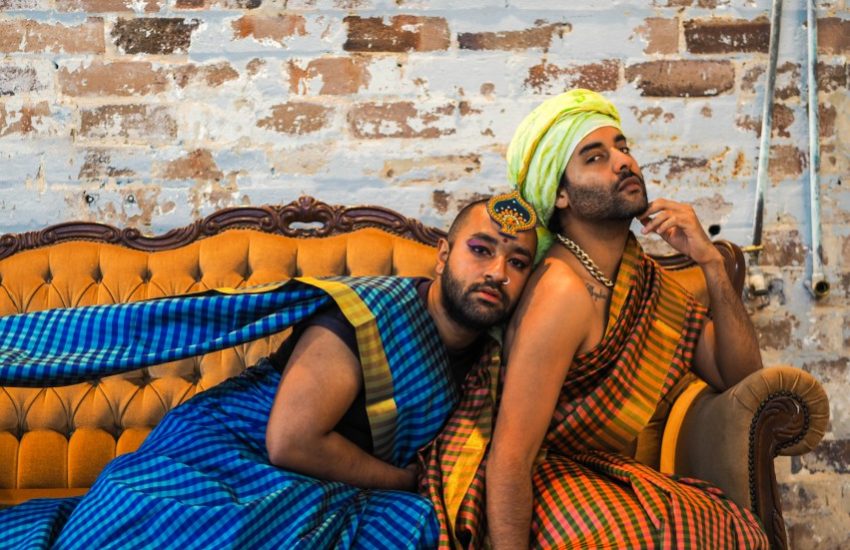
Queen Biryani. | Photo: Alexies Adao and Aldan Brent Austria
‘2 Boys in Saris’ is a Sydney, south Asian street food truck. The documentary gives a glimpse into the lives of the two men (and lovers) behind the truck against the backdrop of their decision to come out to their parents.
- Beyond the Mirror Ball
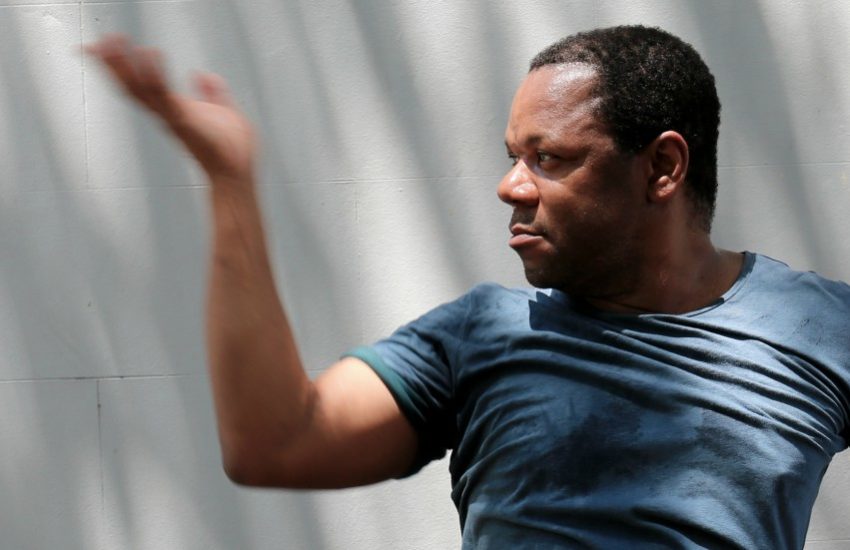
Beyond the Mirror Ball. | Photo: Supplied
The story of a Baltimore-born African American voguer. He moved to Australia to run an alpaca farm in rural NSW with his Aussie lover – ‘beyond the mirror ball’ of the city. Examines the generation who remember the AIDS epidemic and took part in the gay rights revolution, who are literal and figurative survivors. It challenges perceptions of regional areas being homophobic.
- Desperately Seeking Shavers
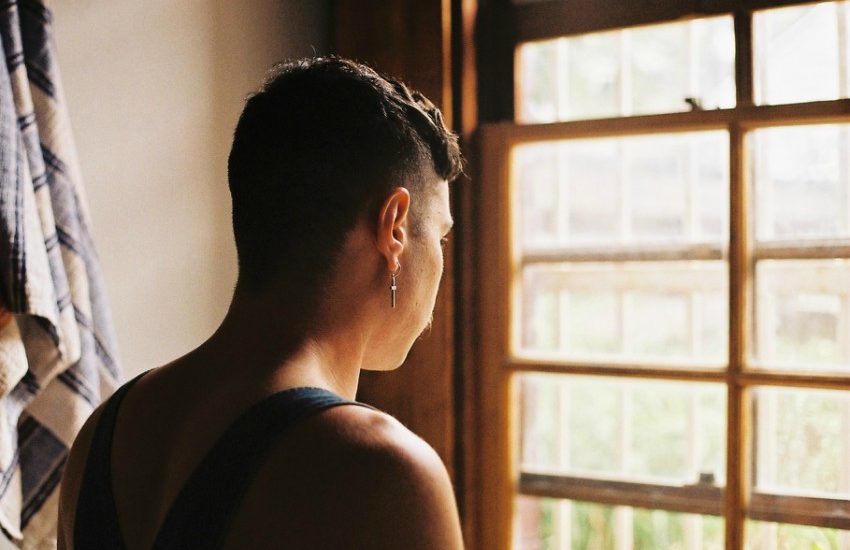
Desperately Seeking Shavers. | Photo: Alexandra Joseph
The significance of hair in the trans experience.
- Only Different
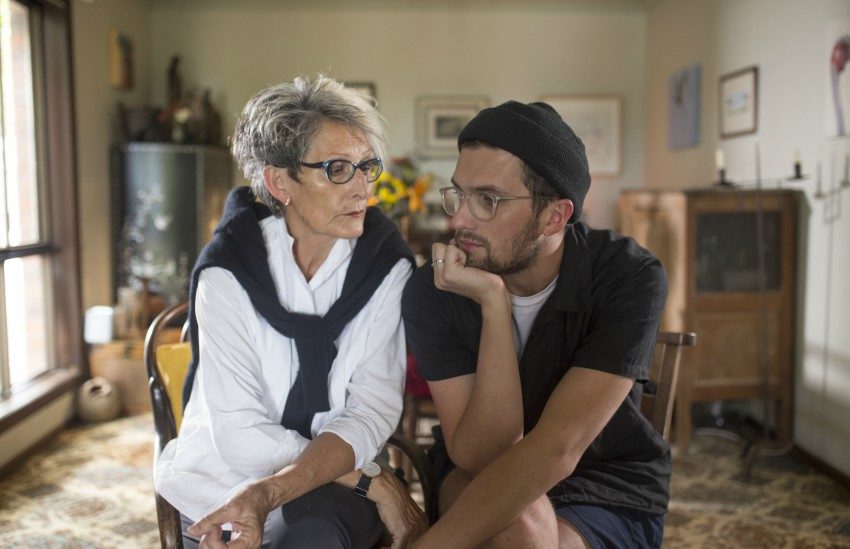
Only Different. | Photo: Daniel Bolt
A child interviews their mother about coming out later in life. And looks at Australia’s extraordinary leap forward in accepting gay people in the space of one generation.
- Monsta Gras
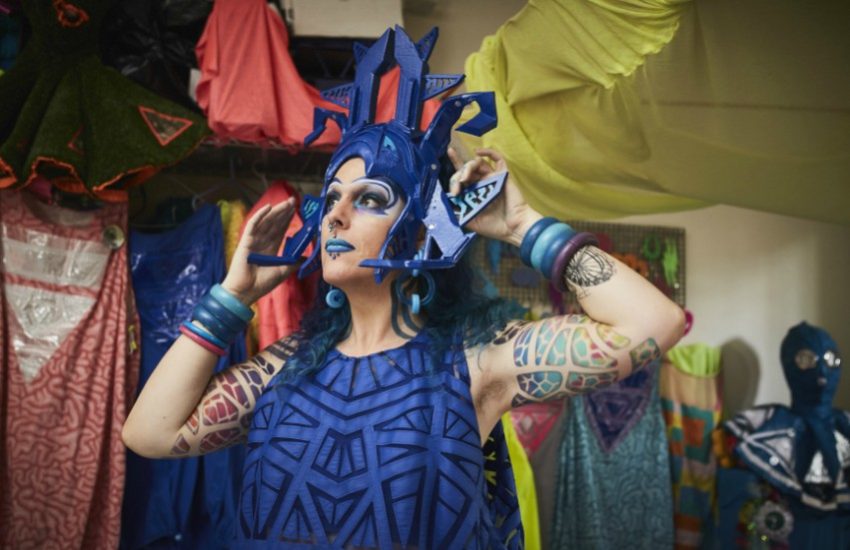
Monsta Gras. | Photo: Liz Ham
The ‘Monsta Gras’ dance party in Sydney exists as a counterculture to what some perceive as the sanitisation of gay culture. Featuring incredible performance and costume, the idea of monster is used to represent ‘the other.’

